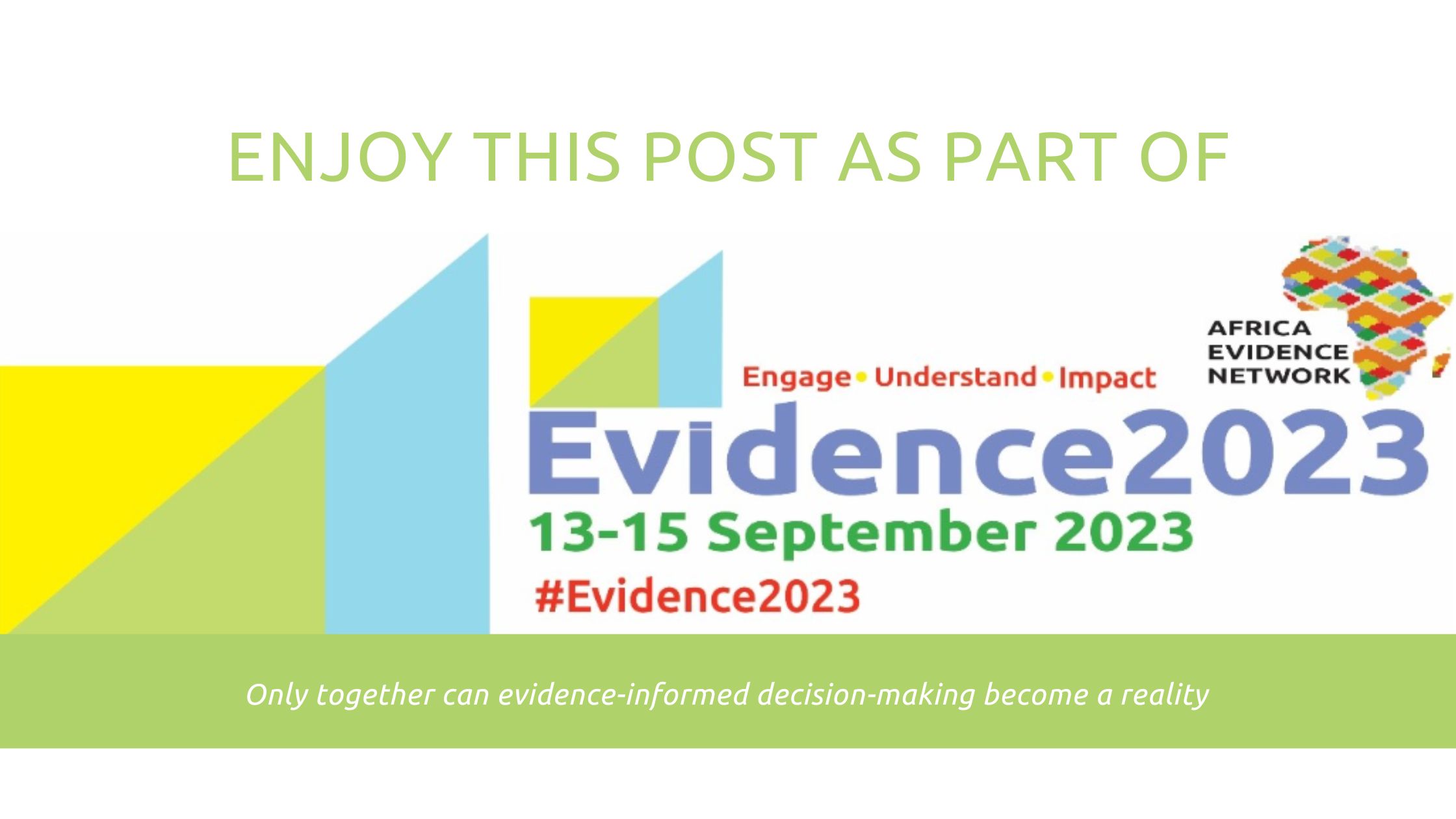
In March 2023, I gallantly retired at 35 years from the role of Executive Director of the pan-African capacity development think tank that I had founded in 2017, having instituted the necessary transitional mechanisms for corporate sustainability. But a question that guides this reflective blog piece is ‘how did we get there?’ Informed by my handing-over address, I contemplate how a young amateur practitioner, with little-to-no corporate experience could venture into the professional domain of Evidence-Informed Decision Making (EIDM), defying all the obstacles that came with such a venture in a developing world setting.
I recall how much time it took for the Board of Directors, just like the Founder and Executive Director, to clarify the concept, sharpen its targets, develop mechanisms, and curve a corporate identity. I share how PACKS Africa became a proof-of-concept to me, inspired by a personal conviction that given the necessary opportunities, young people of the continent can take responsibility for their own vision of their society. But equally, I quiz whether or not young people are willing to pay the price.
My audience are therefore drawn to our Corporate Evidence Leaders Mentorship Programme (CEL-MP), which seeks to breed similar revolutionary thought leaders for the practice. Anecdotal details are shared on values and principles on which CEL-MP started in 2021, including addressing a youth leadership gap within the ecosystem. I share how the programme, in its second cohort, has moved from 1 to 5 mentees, with an envisaged exit strategy. Attention is equally drawn to disproportionate representation of gender and other identities, an inherent inequality in the development sector. Other stakeholders are ultimately invited to take this path of legacy-thinking to address constraints within the practice, instead of short-termism, extreme politicking and desire for hegemonic influence.
Acknowledgements: The author(s) is solely responsible for the content of this article, including all errors or omissions; acknowledgements do not imply endorsement of the content. The author is grateful to Siziwe Ngcwabe and the Africa Evidence Network team for their guidance in the preparation and finalisation of this article as well as their editorial support.
Disclaimer: The views expressed in published articles, as well as any errors or omissions, are the sole responsibility of the author/s and do not represent the views of the Africa Evidence Network, its secretariat, advisory or reference groups, or its funders; nor does it imply endorsement by the afore-mentioned parties. We hope you enjoyed this blog teaser. Be sure to watch our newsletter for when the full blog post is published after Evidence 2023.